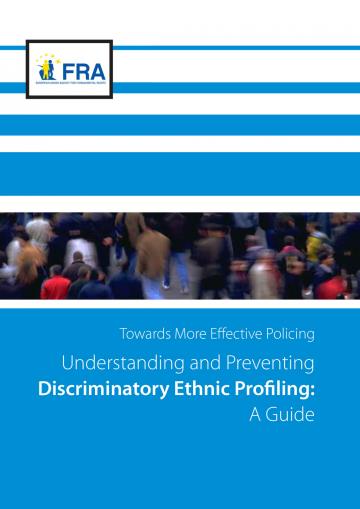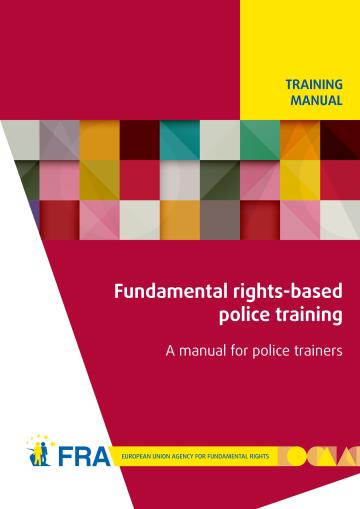
Towards More Effective Policing, Understanding and preventing discriminatory ethnic profiling: A guide
‘Ethnic profiling' is not a new practice in the Member States of the European Union, but it appears to have become more prominent in reaction to the terrorist bombings in the United States of America (USA, 2001), Madrid (2004) and London (2005), as well as increased concerns over illegal immigration. The guide gives insight on how to understand and prevent the discriminatory practice of ethnic profiling.
The FRA interviewed 23,500 people with an ethnic minority and immigrant background about their experiences of police stops, and in ten Member States the majority population was also interviewed to be able to compare findings.
FRA Director Morten Kjaerum: "Evidence shows that in a number of EU Member States a person belonging to a minority is more likely to be stopped by the police than a person belonging to the majority population. This finding highlights the problem of potentially discriminatory ethnic profiling practices, which can be in conflict with laws relating to discrimination."
